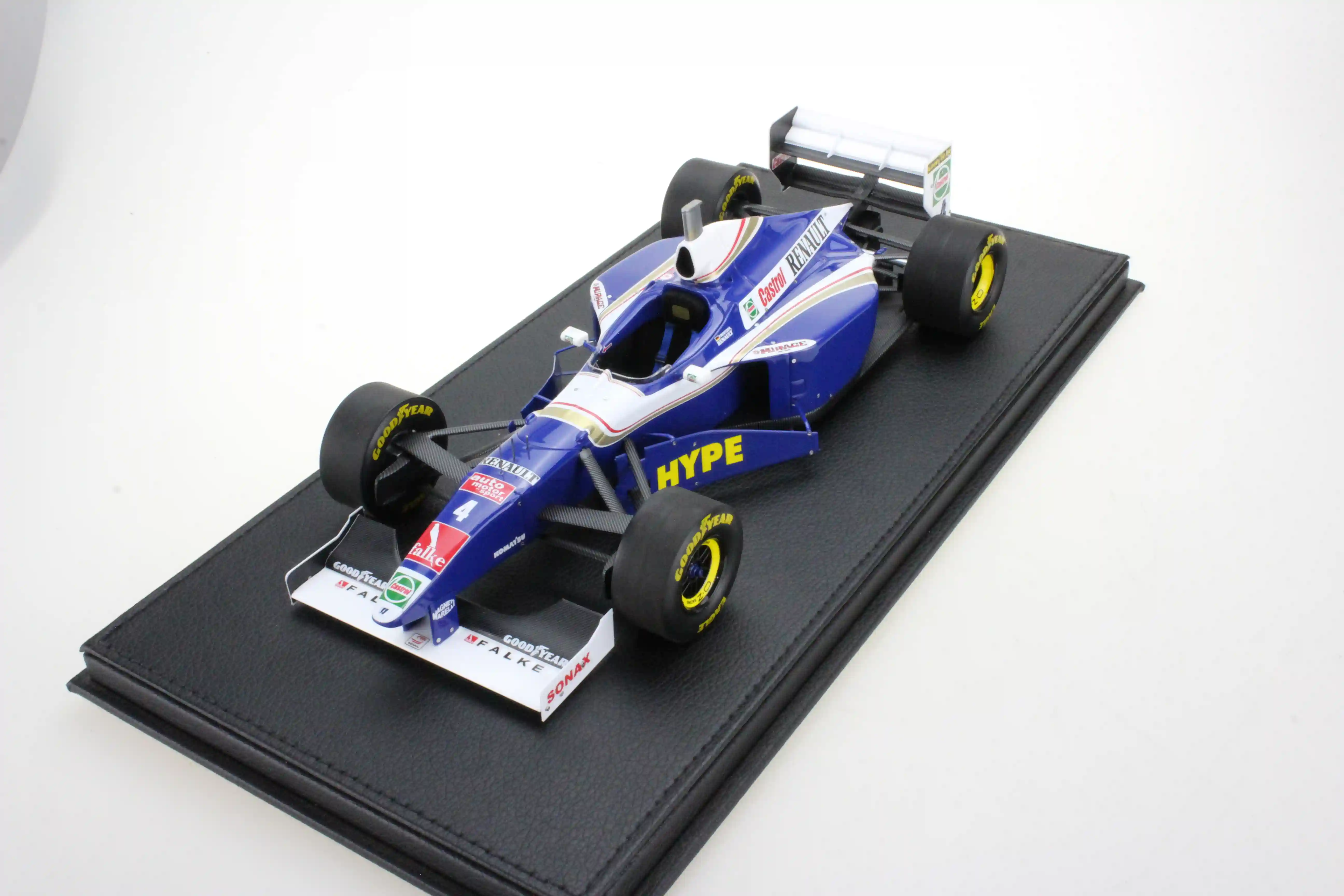https://www.runnermodels.com/Why-Resin-The-Unique-Advantages-of-Formula-Car-Resin-Models.html
What Is a Formula Car?
Formula cars are open-wheel, single-seater race cars designed for high-speed competition. They are primarily used in renowned racing series such as Formula 1 (F1), Formula 2 (F2), and IndyCar. These racing cars are built with an emphasis on aerodynamics, lightweight construction, and powerful engines to deliver incredible speed and agility on the track.
-
Formula 1 (F1): Arguably the most famous and prestigious of all the formula racing series, Formula 1 features some of the world’s best drivers and teams, such as Ferrari, Mercedes, and Red Bull Racing. These cars are designed for maximum performance, featuring advanced aerodynamics, hybrid power units, and state-of-the-art materials.
-
Formula 2 (F2): This series is considered a stepping stone to Formula 1. Although the cars in F2 are less powerful than F1 cars, they still boast impressive performance and offer valuable experience for up-and-coming drivers.
-
IndyCar: Based primarily in the United States, IndyCar is home to the famous Indianapolis 500. These cars are similar to F1 cars but are designed for different tracks, with a focus on oval racing. They are powered by turbocharged engines and use a variety of tire compounds, making them quite distinct from F1 race cars.
What Makes Formula Car Resin Model Cars Unique?

When it comes to model cars, resin models stand out due to their exceptional detail and accuracy. Compared to plastic and metal models, resin offers a unique combination of fine detailing and lightweight design, making them highly sought after by collectors and enthusiasts.
-
Unmatched Detail: Resin models allow for incredibly intricate details that might be difficult to achieve with plastic or metal. From the fine lines of the car’s bodywork to the decals of the sponsor logos, resin models can replicate the smallest features of the real-life counterparts.
-
Lightweight Construction: Resin models are generally lighter than metal models, making them easier to display and handle. Despite their lightness, they maintain a high degree of sturdiness, and their lightweight nature also contributes to their cost-effectiveness in mass production.
-
More Complex Shapes: The casting process for resin allows for more complex shapes and finer details than plastic. This makes resin an ideal material for modeling parts like the car's aerodynamics, engine components, and even the tire treads in a way that feels true to life.
-
Smoothed Surface Finish: Unlike metal models, which often require polishing, resin models generally come with a smooth finish right out of the box. This reduces the need for additional work and gives collectors a highly refined look.
-
Quality over Quantity: Resin models are often produced in smaller runs, which makes them more collectible. They are typically produced in limited editions, often numbering only a few hundred pieces, increasing their rarity and value over time.
-
Cost and Availability: While resin models are often more expensive than plastic models, they tend to be more affordable than die-cast metal models, making them a great option for collectors looking for a balance between detail and cost.
Zhongda Model Co., Ltd: Crafting Excellence in Formula Car Resin Models
One prominent name and supplier in the world of Formula car resin models is Zhongda Model Co., Ltd.
Zhongda's dedication to precision is reflected in the fine craftsmanship of their resin models, which capture the essence of each car's design.
https://www.runnermodels.com/1997-Williams-Renault-FW19-4-F1-Heinz-Harald-Frentzen.html
https://www.runnermodels.com/Why-Resin-The-Unique-Advantages-of-Formula-Car-Resin-Models.html
Zhongda Model Co., Ltd
